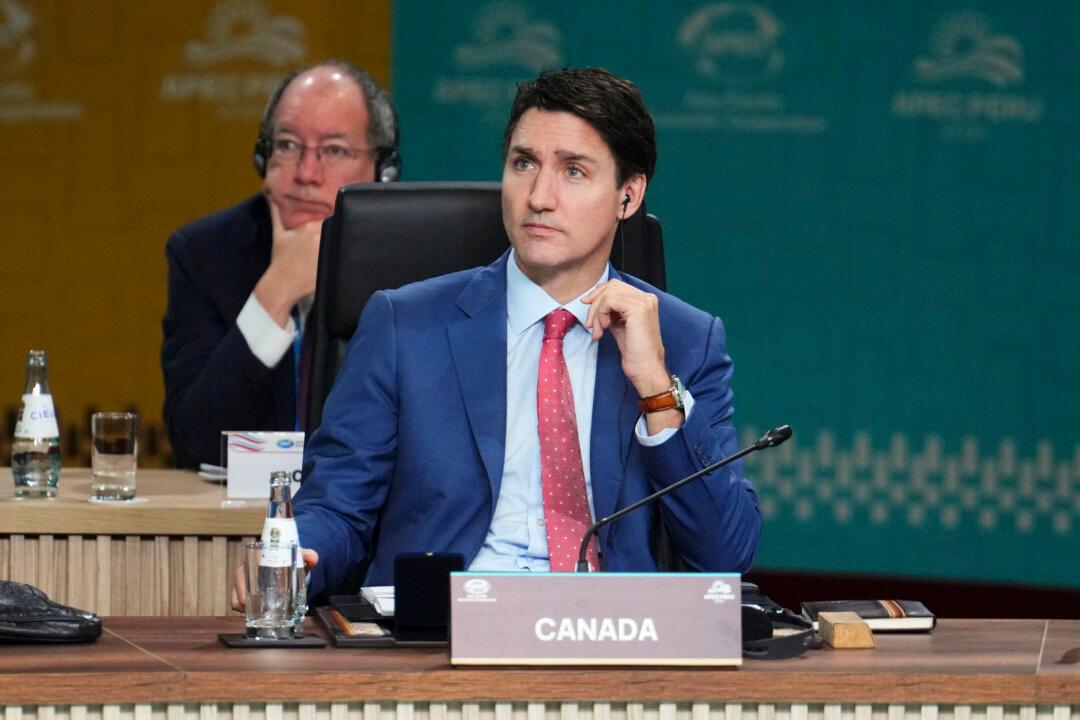Amid calls from premiers to exclude Mexico from a trilateral trade deal, Prime Minister Justin Trudeau says he reaffirms ties but agrees concerns over Chinese investments in Mexico must be addressed.
“Mexico was a solid partner in advancing the priorities of Canadians, the priorities and interests of workers across North America” during its previous negotiation with Canada and the United States, Trudeau said during a press conference at the closing of the 2024 Asia-Pacific Economic Cooperation (APEC) leaders’ meeting in Peru on Nov. 16.





